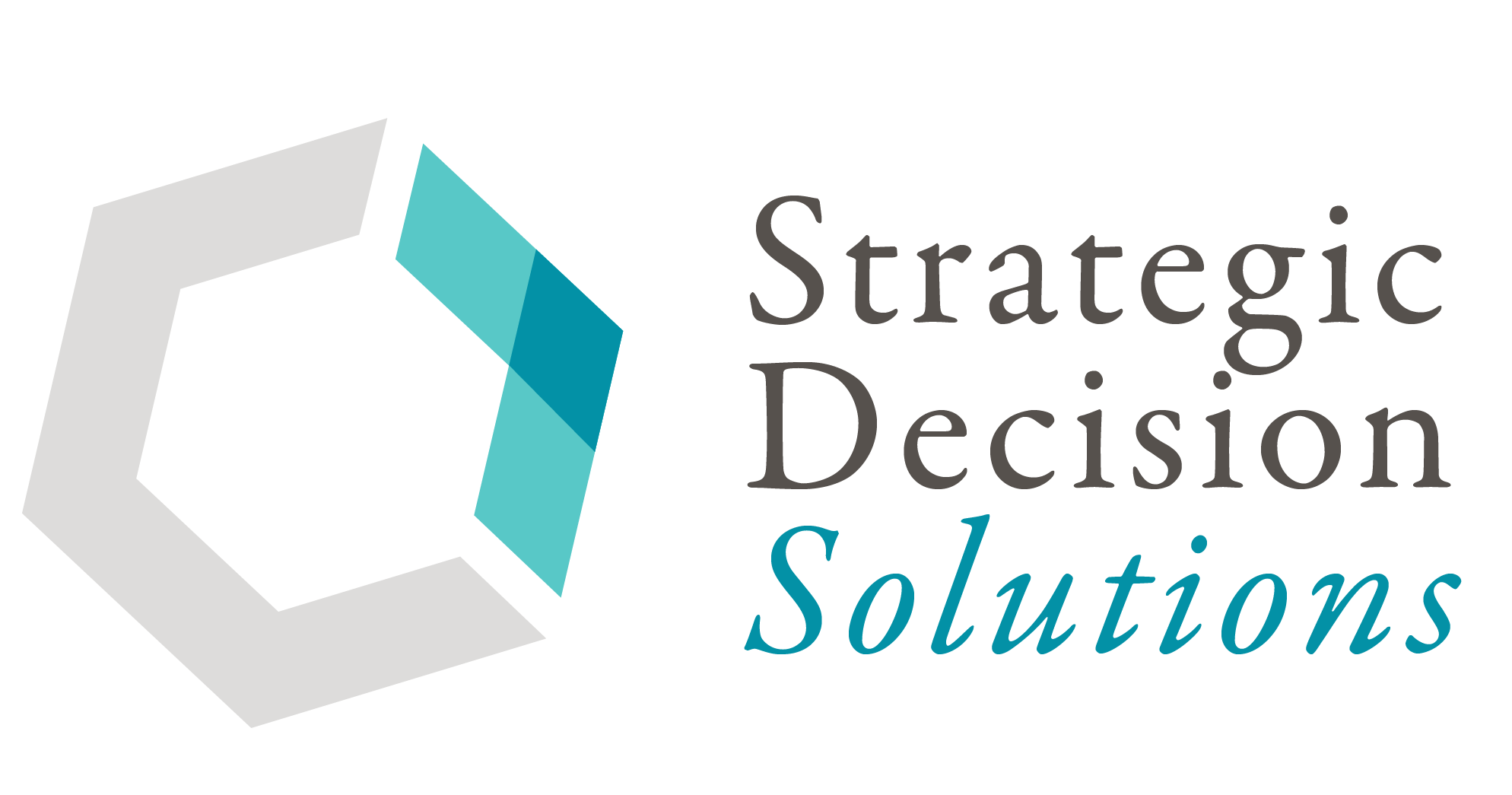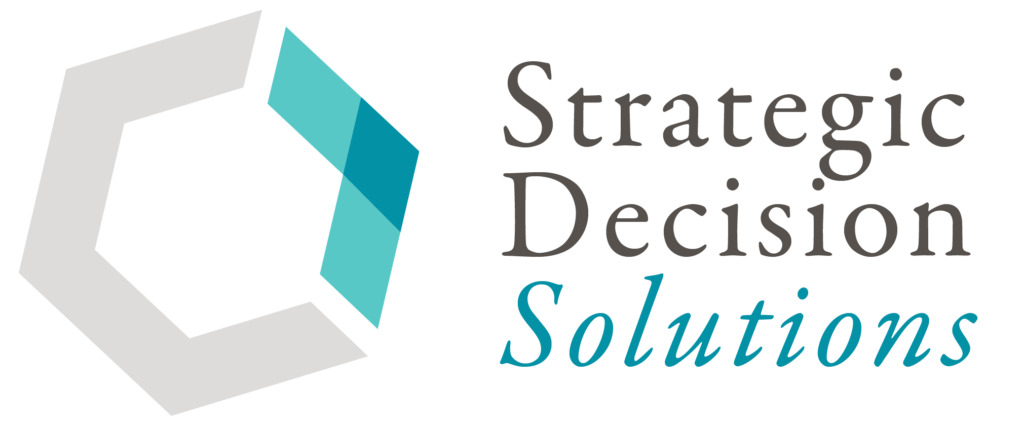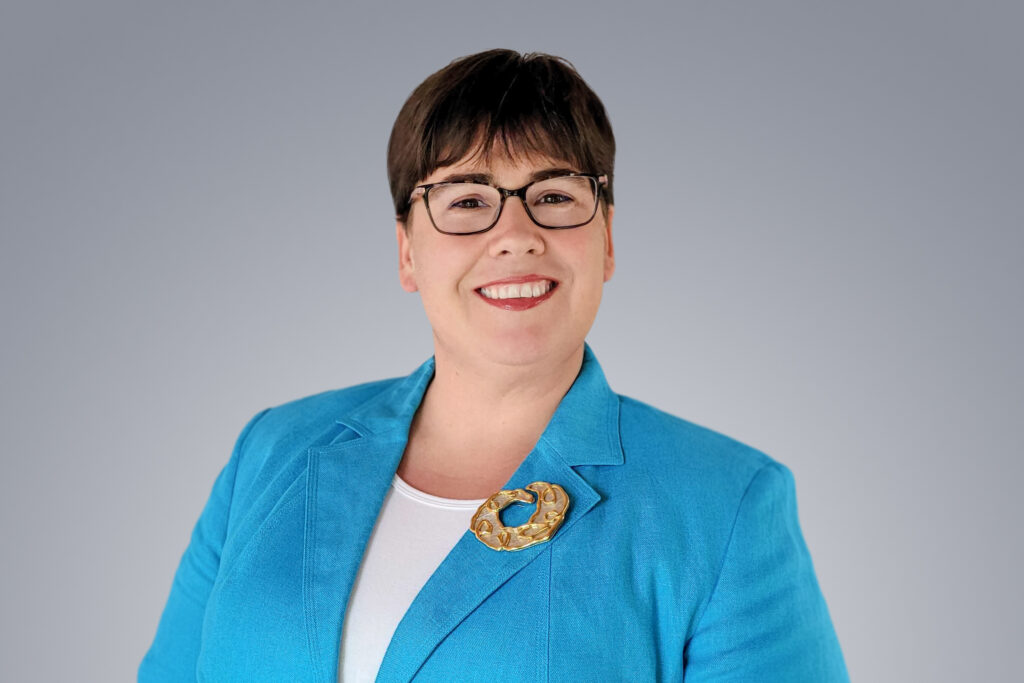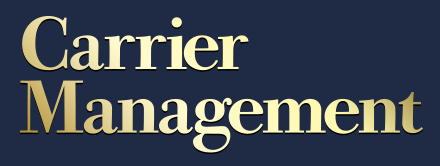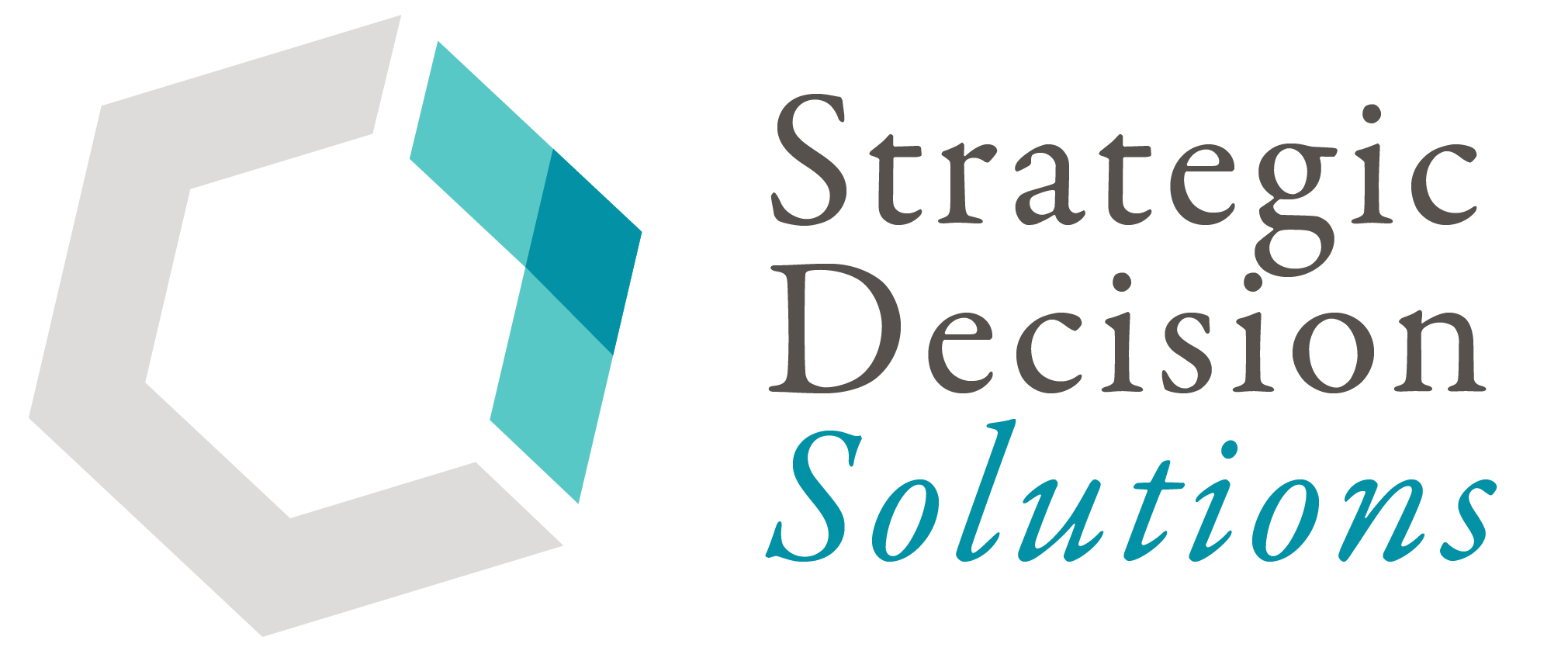While traveling to a client site last week, I had a really interesting conversation with an attorney sitting next to me on a flight from Atlanta (…I can’t fly anywhere without going through Atlanta first).
She talked about a book she had read that talked about grit and a Growth Mindset, which got me thinking…
You are likely wondering, what does grit have to do with growth? And I am not talking about the kind of grit you eat (but, as someone born and raised in the southern U.S., it sounds yummy…). Angela Duckworth, a researcher with a widely viewed Ted Talk on this topic, defines grit as “tendency to sustain interest in and effort toward very long-term goals.”
If you want to know where you fall on the grit scale, you can use her questionnaire…
But now that you know about grit, what is a “growth mindset”? Well, another Carol – Carol Dweck – is another researcher focusing on why people succeed and how to foster success. She wrote a book called Mindset: The New Psychology of Success. (Trust me, I am buying this book!) In this book, she discusses the fixed mindset and growth mindset.
Basically, a fixed mindset is when:
people believe that their basic qualities, like their intelligence or talent, are simply fixed traits. They spend their time documenting their intelligence or talent instead of developing them. They also believe that talent alone creates success—without effort. They’re wrong.
Opposite of the fixed mindset is the growth mindset, which is when:
People believe that their most basic qualities can be developed through dedication and hard work—brains and talent are just the starting point. This view creates a love of learning and a resilience that is essential for great accomplishment. Virtually all great people have had these qualities.
Let’s talk a little science here, because this was fascinating to me.
In this New York Magazine article talking about how we praise kids, part of Dweck’s research explained that the brain is a muscle. Now we all know that if you work to develop muscles lifting weights or using the muscles in new ways, the muscle grows. The same thing with the brain. The more you realize that you can learn new things, the brain actually develops new neurons, getting stronger and using more brain power.
I don’t know about you, but that sounds great to me!
Now that you know what a growth mindset actually is, let’s apply it to risk management.
First, you as a risk professional have opportunities every day to learn something new. Even taking 5 minutes every day during your lunch break to learn can make a huge difference over a month. Take a step outside of your comfort zone and build new skill sets, whether technical (like new risk identification or risk assessment approaches) or non-technical (such as emotional intelligence and networking in a meaningful way).
If you can’t do it every day, set aside some time every week on a set day to be a “learning day.” If you have a team, make it a team activity. Not only will you all learn a new skill, you will learn from and about each other, strengthening the relationships among the team.
This mindset can also apply to your organization.
- Does your organization focus on just hiring new people?
- Is management comfortable with the status quo and not looking for change?
If you answered yes to these two questions, then your organization has a fixed mindset.
If your organization and management are stuck in the fixed mindset, then I suggest working in the lower levels to find others wanting to change. Get together and start making change in your organization.
But if that doesn’t fly, you have to start asking yourself whether you are in the right organization. Is your organization a good fit for you?
Because the sad reality is that the executives staying in the comfort zone means they are not taking risks, which leads to organizational failure. Think Kodak. And Dweck shines the light on Enron as an example of fixed mindset. Do you want to be part of an organization like that?
But…
Maybe your organization focuses on developing new skills among its current people. Management is willing to try something new, take some risks, and potentially learn from their mistakes. If yes, then jump for joy because your organization has a growth mindset. Congratulations!
Embrace the idea that you are encouraged to grow. Experiment with new approaches to risk management. Actively solicit feedback on the processes, your team, the results, etc. Don’t be afraid of hearing bad feedback. Take it as a learning opportunity and transform how risk is embedded in your organization.
Remember, there is NO limit to what you can learn. We put limitations on ourselves or allows others to limit us. So go out there and develop your brain muscle by learning new things.
Is your organization supportive of you learning and trying new things? What challenges have you encountered when implementing a new risk management method?
I’m interested to hear your thoughts on this interesting and foundational topic of developing an ERM process that gives your organization a true competitive advantage…leave a comment below or join the conversation on LinkedIn.
If you want some guidance on your possibilities, some ideas for what to look for, or someone to hold you accountable to developing or expanding your growth mindset in the risk management field, contact me to set up a brief exploratory call to see if coaching is a good fit.
